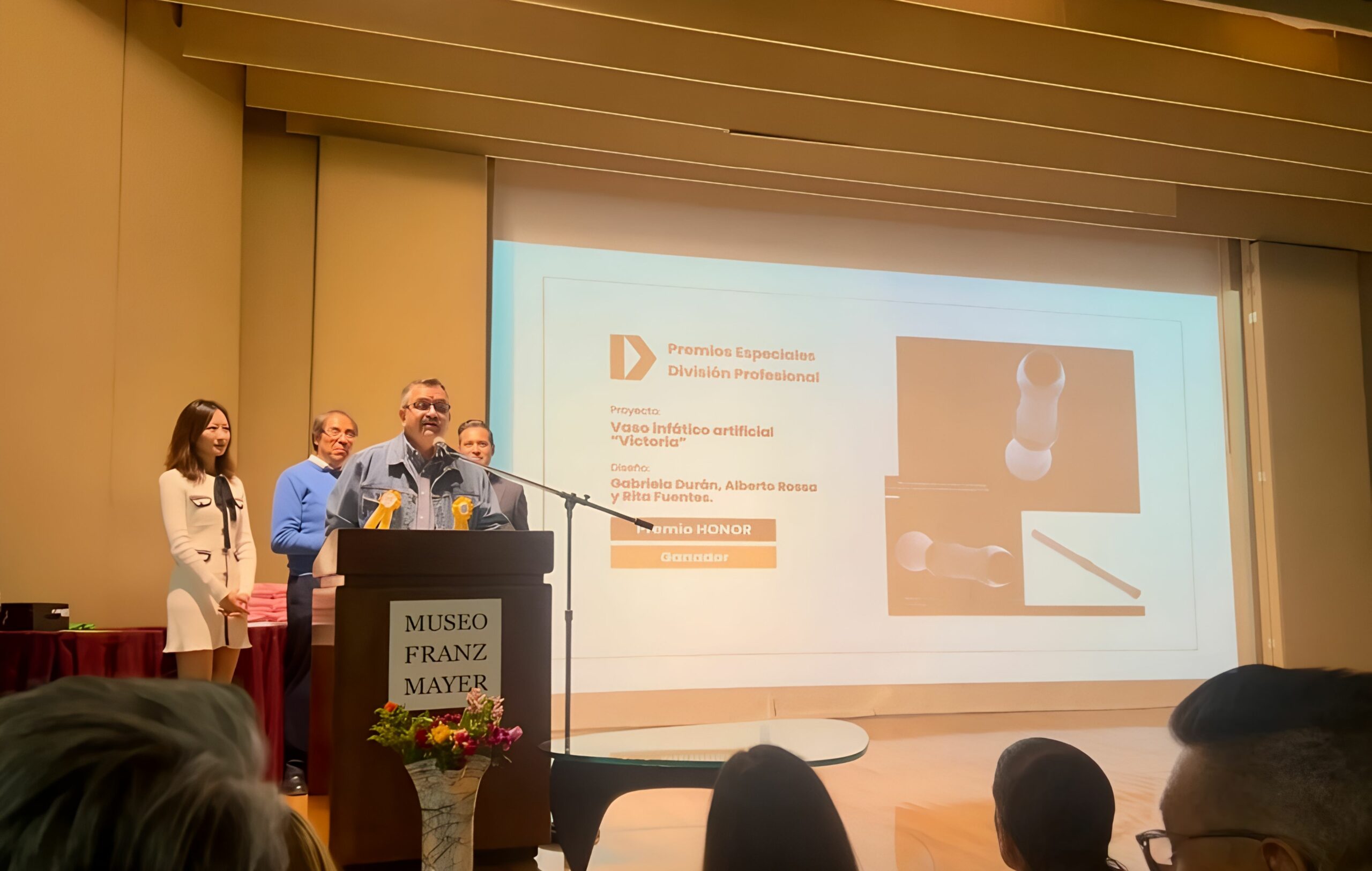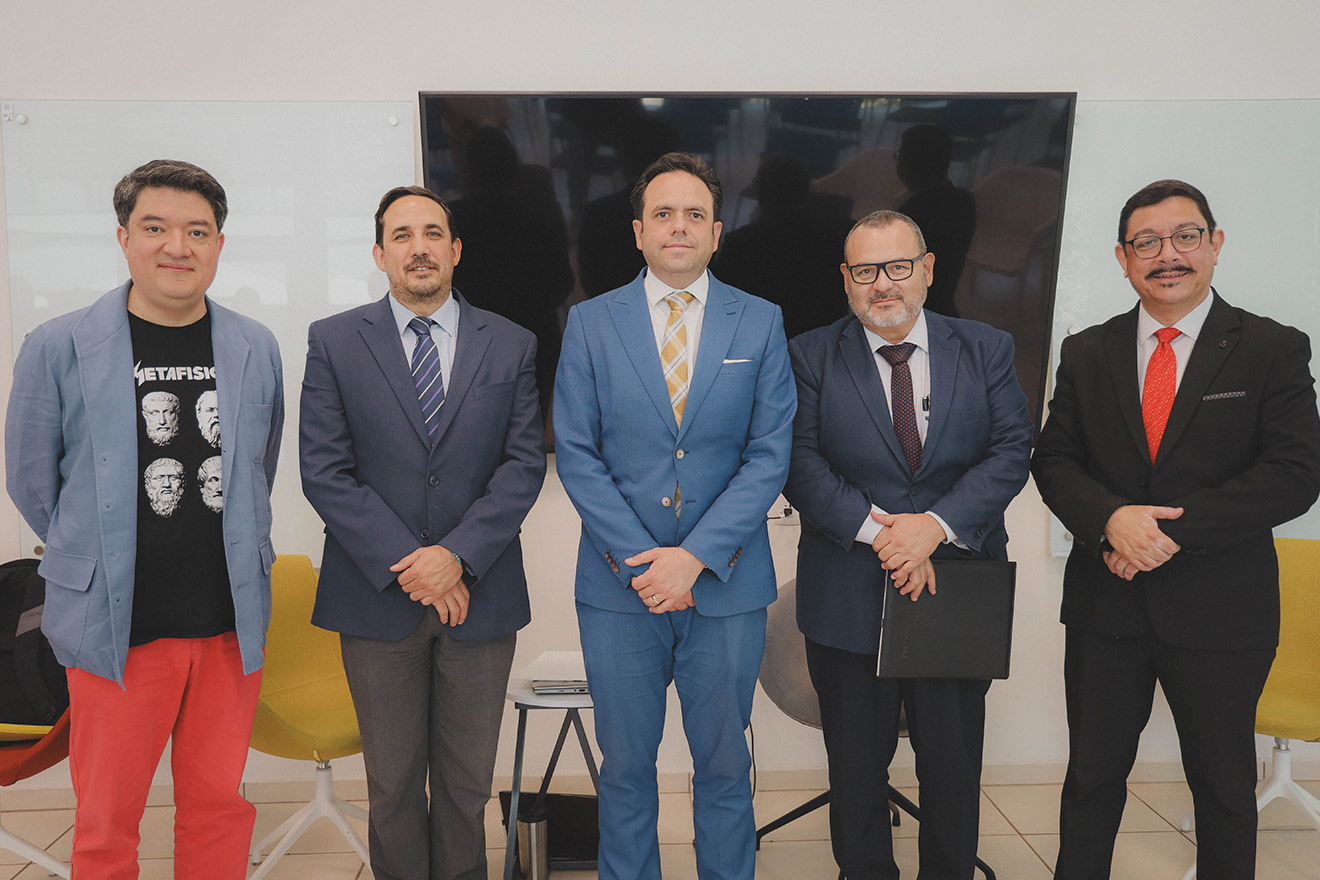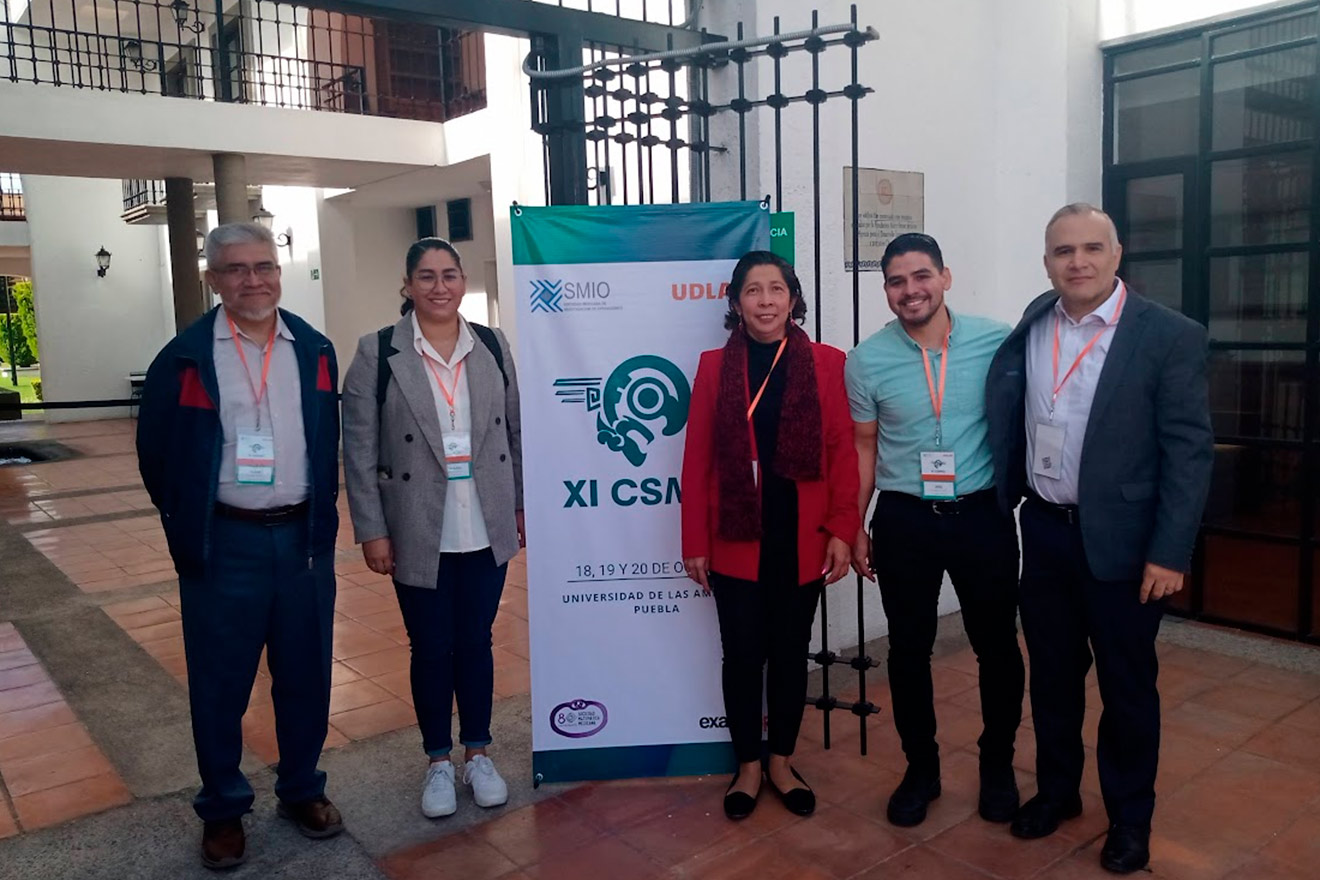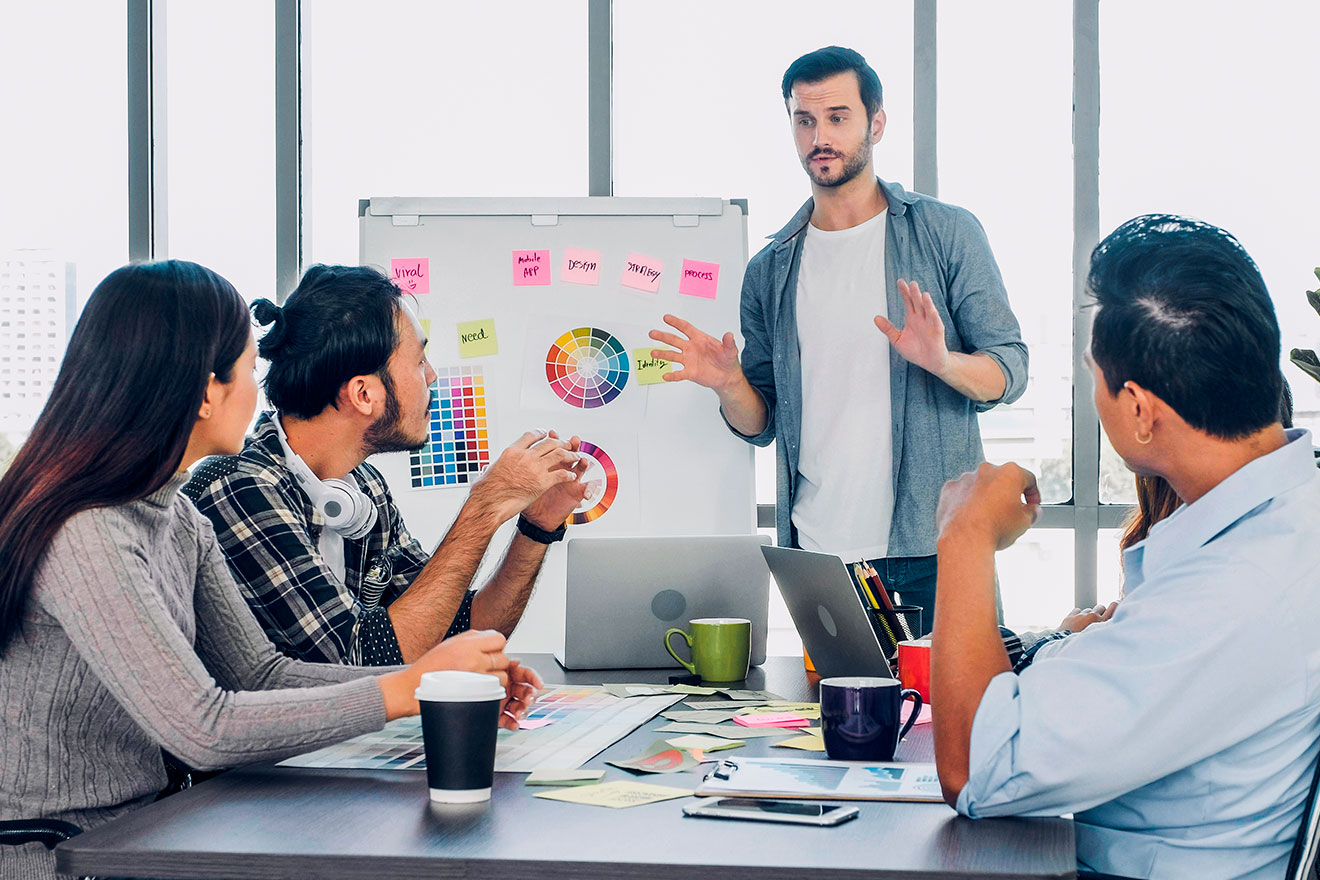Sustainability must reach new heights of relevance in this historic moment that we are experiencing. We cannot continue sacrificing the future by prioritizing the present. Thus is the main lesson that the COVID-19 pandemic left us. We have to be more careful about the consequences that today’s actions have on our future and on the future generations.
It is unthinkable that, in the face of the global catastrophe that we experienced in recent times, we fail to make decisions to prevent this type of event from happening in the future and that we remain idle.
Time to act
The first thing we have to reflect on is that someone in the world was responsible for doing things that caused and continues to cause the death of millions of people, that left irreversible health consequences in large group of people, that impacted nearly every economy around the globe, and that have yet to recover with greater levels of poverty, closure of a large number of businesses, despair, stress and a long list of destabilizing impacts.

The consequences continue to emerge. The only way to radically change this situation involves changing the values of the people who live on this planet. BBVA explains it in an article entitled “¿Qué es la sostenibilidad? Un camino urgente sin marcha atrás” (What is sustainability? An urgent path on which we cannot turn back), saying, “This crisis has been a blow for those who did not adequately generate value. It is time for the acrobats to shine, for an entrepreneurial culture based on values… we are late already.”
It is truly unimaginable that we ourselves are depleting the resources we need to live. Things as simple as worsening air, water and land conditions, or as complex as creating substances or organisms that threaten our lives. We are killing each other and leaving future generations bereft.
RESPONSIBILITY: Who should be in charge of sustainability?
The UN ushered in one of the first attempts to address this when it launched its priority sustainable development goals (SDGs). Will it be governments? Most of them, although they say SDGs are among their priorities, do not take a deep approach to the matter and have other interests, like maintaining power, to which they dedicate their time.
This means that the most important social nuclei are called to the task. The first of them is families; the second, businesspeople and, the third, schools. We must work on a foundation of disseminating values. If all people value their lives and the lives of others, then they will strive to the best of their ability to conserve the resources necessary to live.
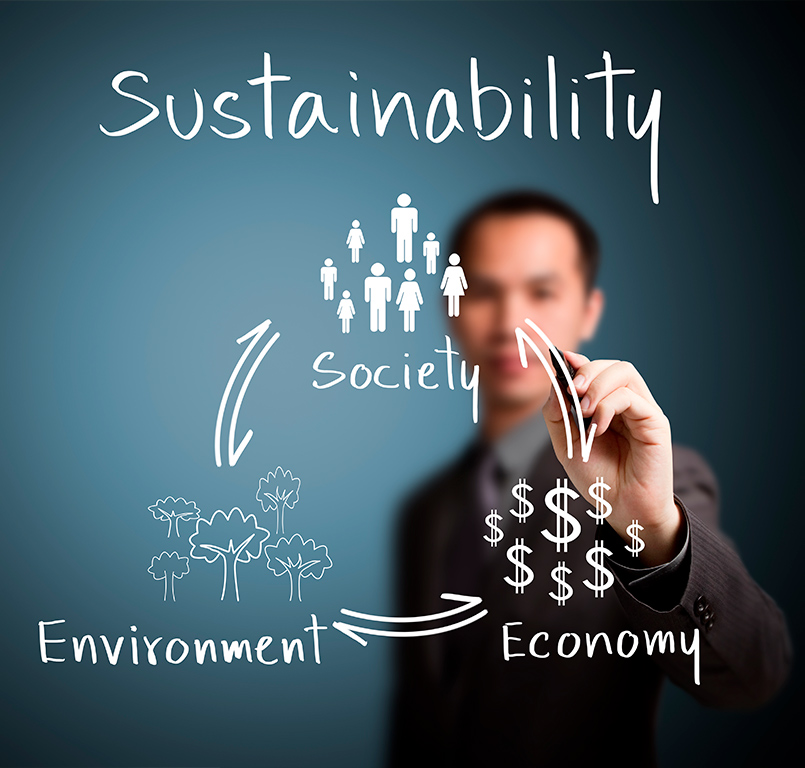
The role of these social nuclei has always been important. However, in light of the recent catastrophic events, we must reflect on how to bring them back to their original essence, i.e., the preservation of human life, survival. Those who can say they survived the COVID -19 crisis have been very lucky indeed.
The pandemic put us all at risk and we all were touched by cases that were fatal. We cannot permit actions with such grave consequence just because one or several members of our society lack values. We have to generously care for the resources around us because we cannot deplete or waste them.
Awareness that sustainability belongs to everyone and that it starts with us must take precedence over any other objective.
Author’s data
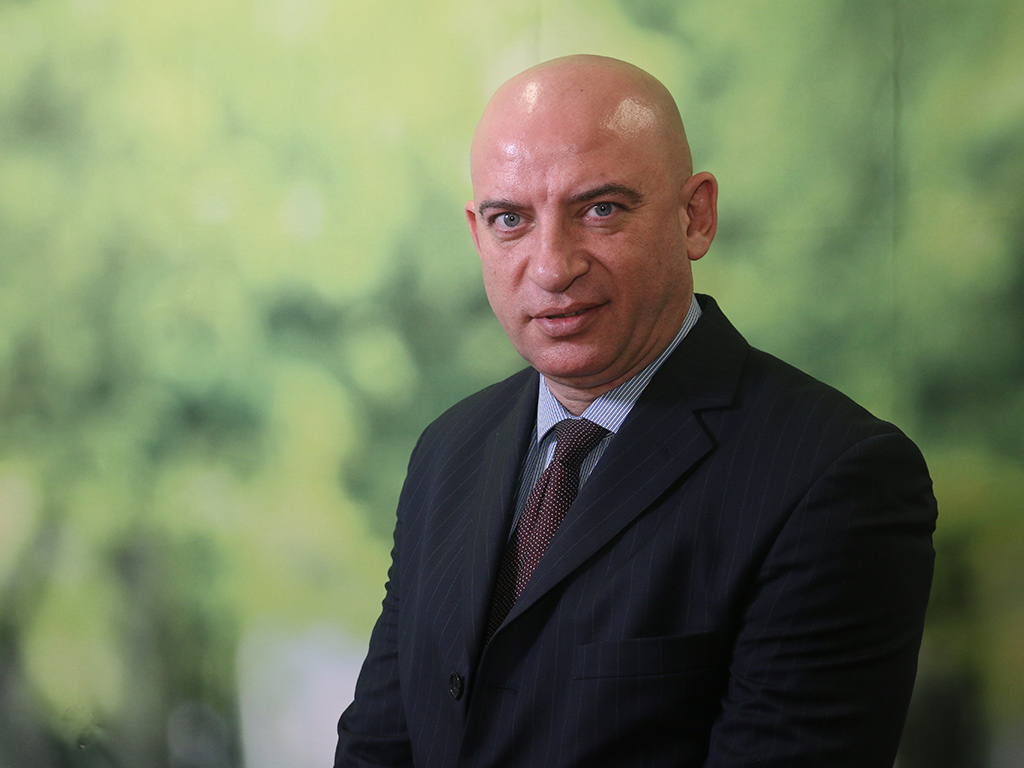
*Rigoberto Borrego is director of the Administration and Finance Major, School of Business Administration at Universidad Panamericana.
Taken from: https://www.altonivel.com.mx/opinion/la-sostenibilidad-es-prioritaria-de-aqui-en-adelante/



